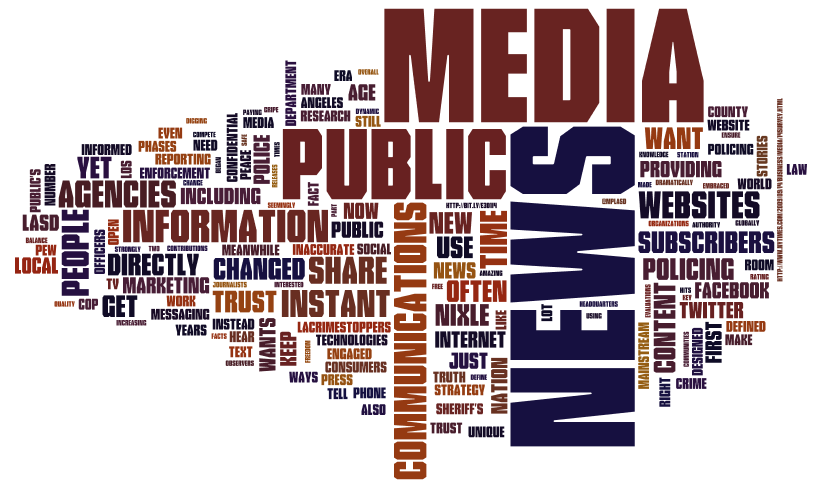Whatever happened to America’s free press?
On a recent trip back to my high school for an alumni reunion, I found it interesting how I was able to rediscover where I had started to foster my interest in pursuing journalism. I vividly recall that after a high school summer program I attended at VCU’s School of Communications, pursing hard-news and feature stories started to greatly interest me.
In particular, I think it was the human aspect of things that intrigued me the most about this field of work. The fact that people all around you have their own special story, a verbal historical record that just requires the right questioning to discover. Sometimes you’d be surprised. I’ve met war heroes, novelists, aspiring dreamers, people who had huge ambitions, and by some random occurrence ended up what they’re doing today (and are perfectly happy with what they’ve become). In a sense, it was also perhaps my own personal journey that made me realize that there really is never such a thing as a “dull” human being.
But recently, I’ve done something that I never thought I’d ever do: question whether or not I want to even pursue my own dream of a career as a journalist. And more and more, one particular question rises above the rest:
What exactly has our “free” press become?
All around the world, we flaunt our ideals enshrined in the freedom of the press and laugh at the absurd reporting of less freer countries such as China or North Korea. “Our media might be biased, but at least we’re not like them,” we argue. “At least we don’t report that our world cup team lost to Japan because they were struck by lightning…”
But is our news media really that much more different? I look around at broadcast news today, and with the exception of a few programs, I hardly ever see a non-biased news program. Every single one seems to have their own agenda, their own set of viewpoints and ideals that they want to instill on their viewers until death. Ironically, it’s the gag news shows like the Daily Show and the Colbert Report that end up taking a “common sense” approach to news. Perhaps that’s why they’ve gotten such a huge following.
What happened to the days when news reporting was news reporting, not some bunch of biased “experts” spouting their own opinions about what will happen? What happened to the idea that the press was supposed to be the unbiased fourth branch, constantly checking to ensure the stability of politics? What happened to the Woodward and Bernstein of a bygone era?
At the rate that they’re going, more and more, I feel like the media just continuously adds fuel to the already volatile flames of politics, what part of that is a check?
Then there’s also print journalism, or rather, the lack thereof. As the field that I was initially trained in, I’ve developed a certain love for the newspapers of lore, of the breaking news journalist that’s willing to cover the hard investigative articles. Yet, unfortunately, the reality is that there’s a saying in the newspaper industry that newspapers “are a dying breed.” With the advent of the internet and ever increasing digital mobility, newspapers can no longer support themselves with simple ad revenue and subscriptions. Why should people buy a newspaper when they could easily do a Google News search and find what they’re looking for, often faster and more importantly, free of charge? Perhaps the most famous example was the recent fall of the Los Angeles Times, a newspaper giant that, in the face of bankruptcy, fired off editor after editor, reporter after reporter, in an effort to make a profit. But the eventual downfall of the newspaper industry is one that is facing all newspapers around the country, not just the giants.
This is the industry I want to enter. And I’m a bit worried. Wouldn’t you be too?
In the 21st century, more than ever, the basic ideals of which the structure of journalism upholds its integrity is constantly being challenged and in some ways defrauded. Traditional forms of journalism can’t compete with newer, more innovative digital formats, and journalists, good journalists, those willing to spend the time and money to cover the important stories are a rare and rapidly disappearing breed.
But in a certain sense, perhaps I’m looking at this situation the wrong way. There’s a saying that every college student enters college to learn about the world, and exits college wanting to change it. Perhaps this is my personal challenge that I need to face in order to change my part of the world bit by bit.
… well, I’ll see what I can do …







No comments.
Comments are currently closed. Comments are closed on all posts older than one year, and for those in our archive.